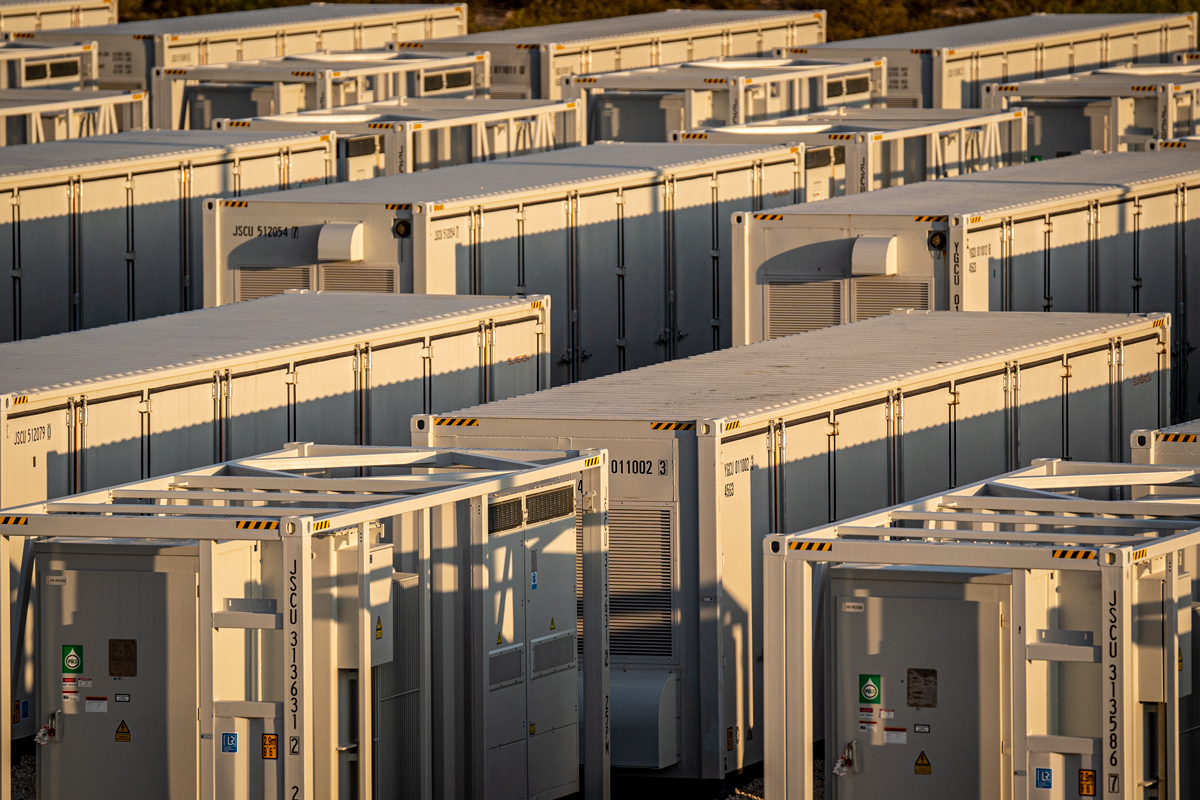Premier Energy Industry Event Returns to Houston
Published Sep 06, 2019 by Javier Vargas
Gastech, the world’s largest exhibition and conference for the global gas, LNG and energy industries will return to Houston September 17-19, 2019 at NRG Center.
For over 45 years, the Gastech exhibition and conference has been at the forefront of the international gas, LNG and energy market. This world-renowned event is an extraordinary gathering of the most progressive energy leaders from across the full value chain of the global gas industry. Over 35,000 attendees from all over the world will come to Houston, including 3,500 conference delegates and 1,200 ministerial & c-level executives from across the up, mid and downstream sectors.
We caught up with Nick Ornstein, Vice President of Energy at DMG Events to hear more about this year’s conference and the significance of its return to Houston. DMG events is an international exhibitions and publishing company attracting more than 425,000 visitors to 80 portfolio exhibitions each year.
Why does Gastech feel it’s important to host such a significant event in Houston?
Houston has, for over a century, been at the heart of the North American and global energy community. It’s always been regarded as a pioneering place for entrepreneurs and innovators seeking to push the envelope and develop energy resources more effectively, profitably and intelligently. The US shale industry boomed here first, and the whole city is just perfectly geared towards supporting such a major global energy event of Gastech’s magnitude.
For someone unfamiliar with this global event, can you give an overview of Gastech?
Since its inception in 1972, when the event was launched as a specialist summit for scientists working in LNG technology and transport, Gastech has grown exponentially to become the most important global event for the gas and LNG industries. Today, every major international oil company is present, plus a multitude of national oil companies, global utility companies, engineering contractors, shipping and management, manufacturers and services companies. It continues to grow with every edition and last year in Spain welcomed around 30,000 visitors, more than 2,500 conference delegates, plus 400 VIPs of leadership position across the energy sectors
As the global energy industry continues to evolve and digitize, what are some of the biggest changes you have seen at Gastech over the years?
We have witnessed a sudden surge in the past five years or so towards the incredible integrated opportunities presented by new technologies, especially when we examine automation, artificial intelligence and the ‘internet of things’. The roles that technology now plays in evolving and advancing the energy sectors is no longer peripheral or ‘specialist’ but fully integrated and essential. Technology advances now drive our entire industry forwards from within – improving efficiency, safety, control, speed and human/machine interactions. The next decade could be absolutely revolutionary in defining what our energy landscape will look like as we all move towards a decarbonising, low-emission future.
What are the greatest opportunities for the oil and gas industry right now?
In simple terms – to evolve and lead by example. To utilize all the opportunities presented by technology and integration to maximize their processes across every aspect of the production and supply chain. The industry has a chance to deliver on climate change commitments, to lead from the front, to remain highly-relevant, and to demonstrate just how vital fossil fuels – in clean, efficient and affordable forms – are to the future prosperity of humanity.
What are the greatest challenges?
It takes major global events such as Gastech to help catalyze these urgent issues that are shaping and evolving our industry right now. We now host the event annually to reflect and recognize the rapid pace of change that we are witnessing – hosting every two or three years is no longer relevant and is reactive, and not proactive, to the needs of our community and of our clients. Our key challenge is to ensure our clients know what they need to know, remain connected with each other, that they communicate and share news and ideas together. Gastech’s challenges are that we must now keep pace with these accelerated changes that are fundamentally impacting our industry most at present.
This is a significant event for those deeply connected to the global oil and gas industry. Why should the average consumer who isn’t in the industry pay attention to Gastech this year?
I think that Gastech is now so large, so interconnected and so global that it has become essential for anyone who is interested in the future energy landscape to attend. What’s so unique about Gastech is how we connect the commercial landscape with the technology and engineering landscape – two distinct groups of professionals who don’t always interact but who gain a huge amount of value from meeting and networking with each other. We represent the entire value chain so appeal to those working in exploration & production, right through the midstream to the customers, end-users and new markets at the other end. If you want to learn what the future of clean, efficient fossil-fuel energy looks like – be at Gastech.
Learn more about Houston’s Energy industry here.
The Greater Houston Partnership is an official partner of this year's Gastech. For more information on this year's conference and to register for a FREE exhibitors pass visit their website here.
 The Houston Report
The Houston Report




















